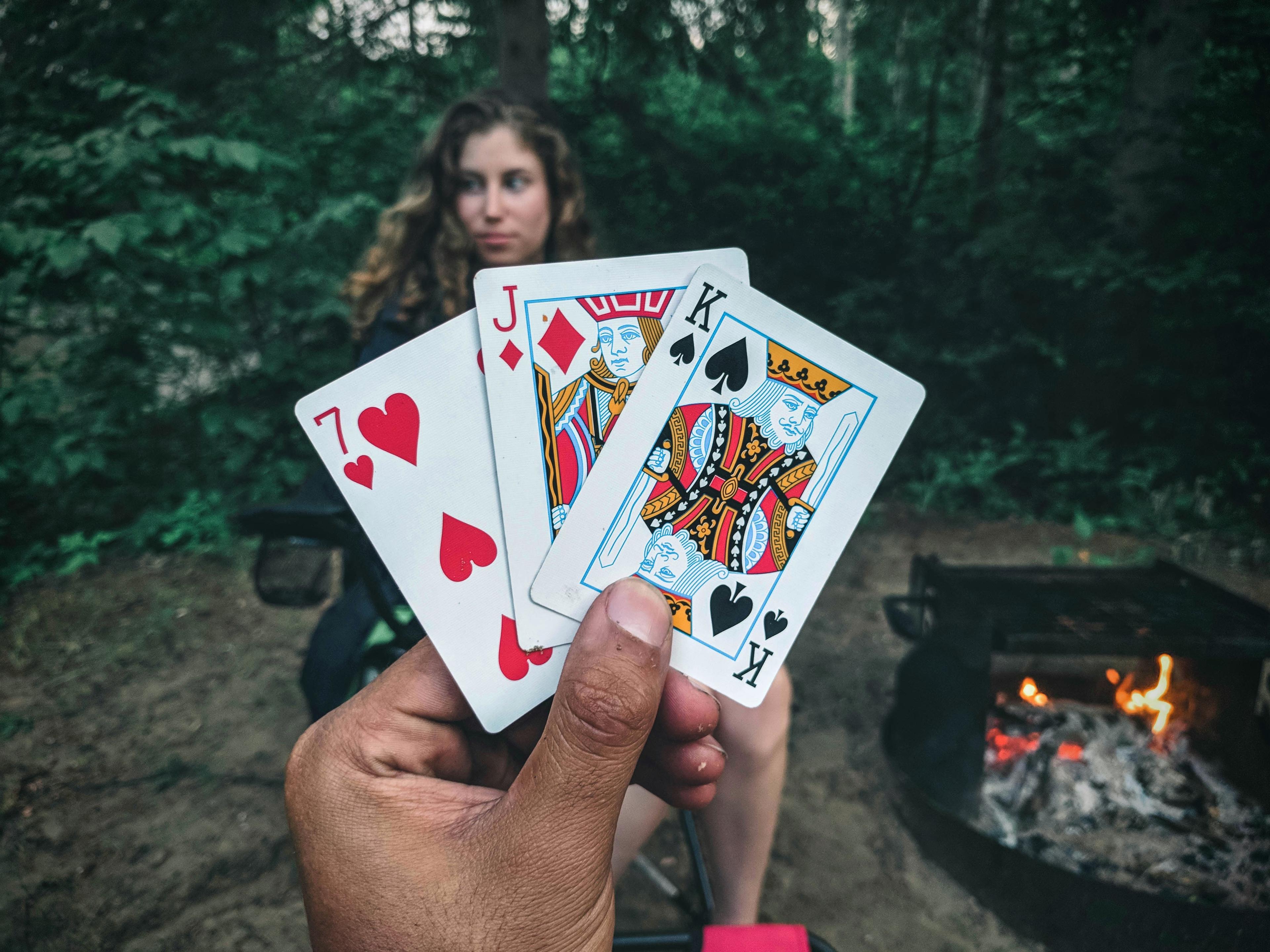


Benefits of Card Games for Children
24 September 2023
Card games are great; it’s as simple as that. It doesn’t matter what cards you have or the games you decide to play; your children will benefit more than you think.
Have Fun
Most importantly, playing games with your children is a chance to have fun and laugh together. It’s a chance to talk about different things, joke together and laugh. When you laugh, you’ll immediately reduce your stress levels. You can buy card games in so many types and styles there is bound to be something your children will enjoy.
Cards are also great when you’re out and about and have ten minutes to spare. They are small and compact; you can pop them in a pocket to pull out while you’re waiting to act as the perfect boredom buster.
Bonding Time
Life is busy with children, and it's easy to get wrapped up in your jobs list and let the children amuse themselves. Although we all need this at times, and some downtime with a screen is just what you need, it’s important not to lose sight of each other because this can also make you all feel gloomy. Playing simple card games is a no-prep, easy way to bring the family back together and a chance to forget, for half an hour, everything you need to do.
They’re Educational
No matter what card game you decide to play, your children learn something that will contribute to their education. Maths is an easy one to see because card games often involve numbers, counting and sharing amounts. Still, through card games, you’ll also be teaching your child new vocabulary, and sentence structures. Plus, holding, shuffling and dealing cards isn’t easy, so their fine motor skills will benefit too.
They Increase Creativity
Cards are open-ended, meaning you can play with them in many different ways. You can teach them specific games that can be played repeatedly with different outcomes. However, knowing cards and familiarity with games can lead to your children creating their own or using them for other purposes, such as using strategy to build a card tower or creating their own magic tricks.
They’ll Help Improve Memory
Having a fantastic memory and being able to recall well takes practice, and regularly playing card games will kick-start that part of your child’s brain. To be successful at playing card games, you need to pay attention and remember what is going on or where a card was last placed. Improving your child's memory will help with all aspects of their life, including retaining and recalling information they have learned at school.
They Promote Independence
There are two main ways card games can support your child’s independence. Firstly, there are games you can teach that they can play by themselves. Solitaire is a great example and will amuse your little ones for hours. However, once they have mastered a game, they can take the next step towards independence by being the teacher and showing their friends how to play the games.
